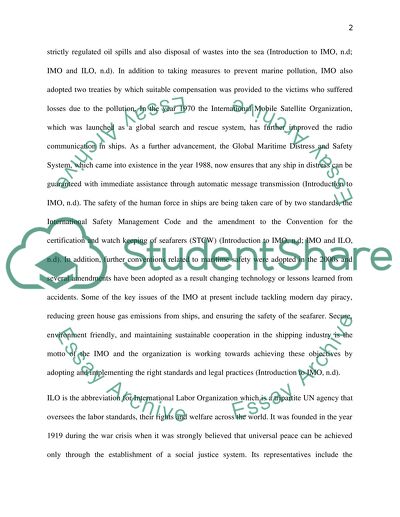Cite this document
(“International Maritime Organization IMO-International labour Essay”, n.d.)
Retrieved from https://studentshare.org/environmental-studies/1408206-international-maritime-organization-imo
Retrieved from https://studentshare.org/environmental-studies/1408206-international-maritime-organization-imo
(International Maritime Organization IMO-International Labour Essay)
https://studentshare.org/environmental-studies/1408206-international-maritime-organization-imo.
https://studentshare.org/environmental-studies/1408206-international-maritime-organization-imo.
“International Maritime Organization IMO-International Labour Essay”, n.d. https://studentshare.org/environmental-studies/1408206-international-maritime-organization-imo.


